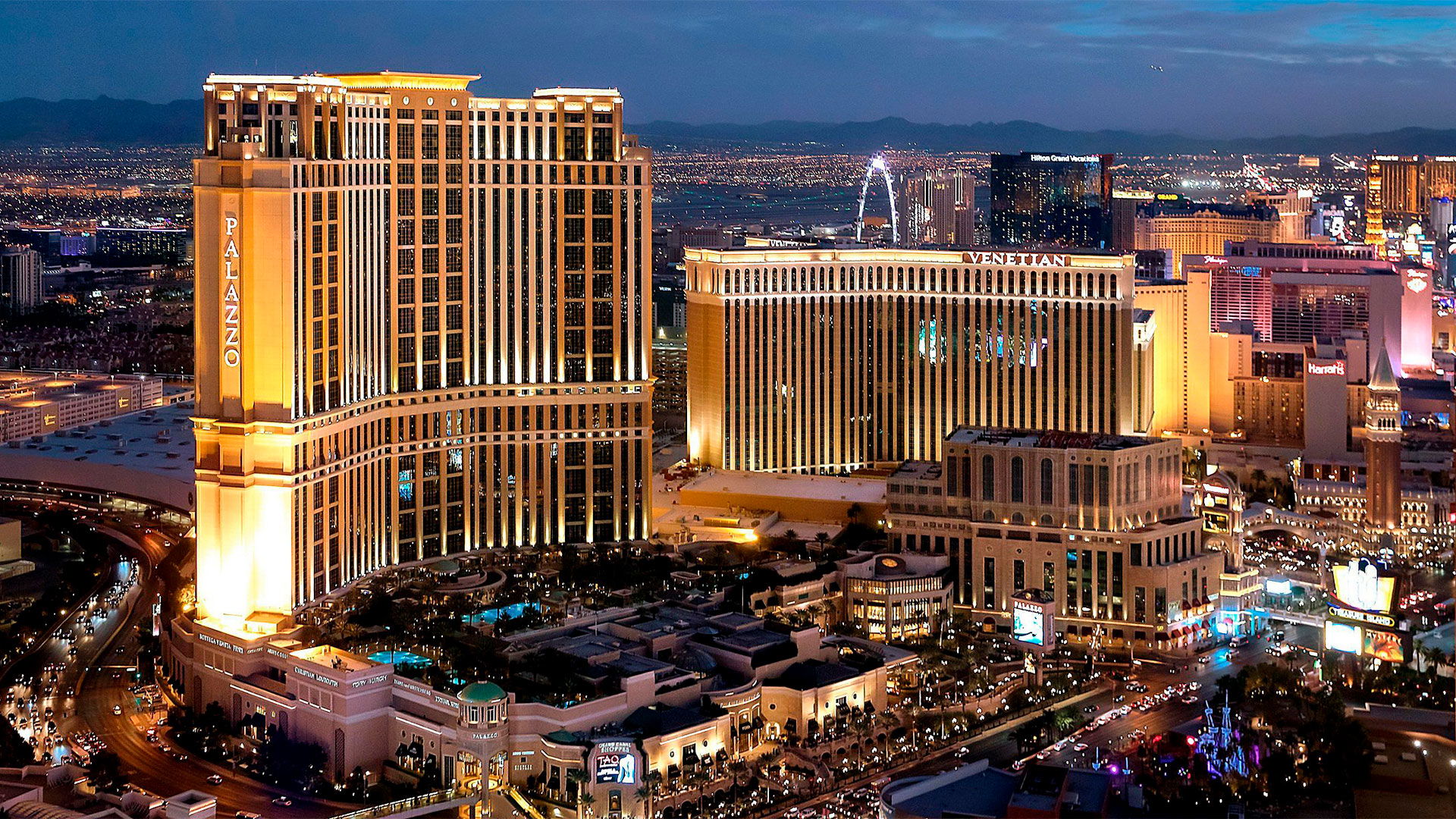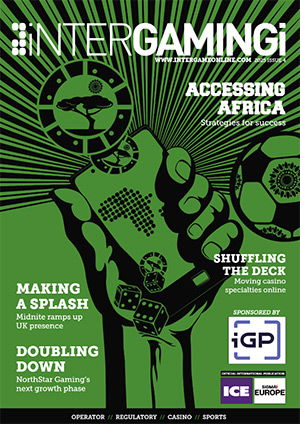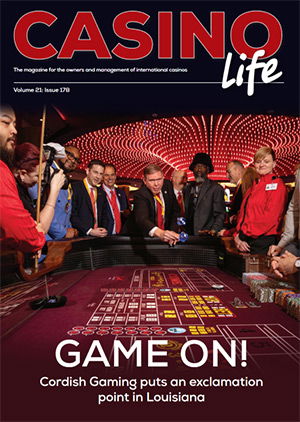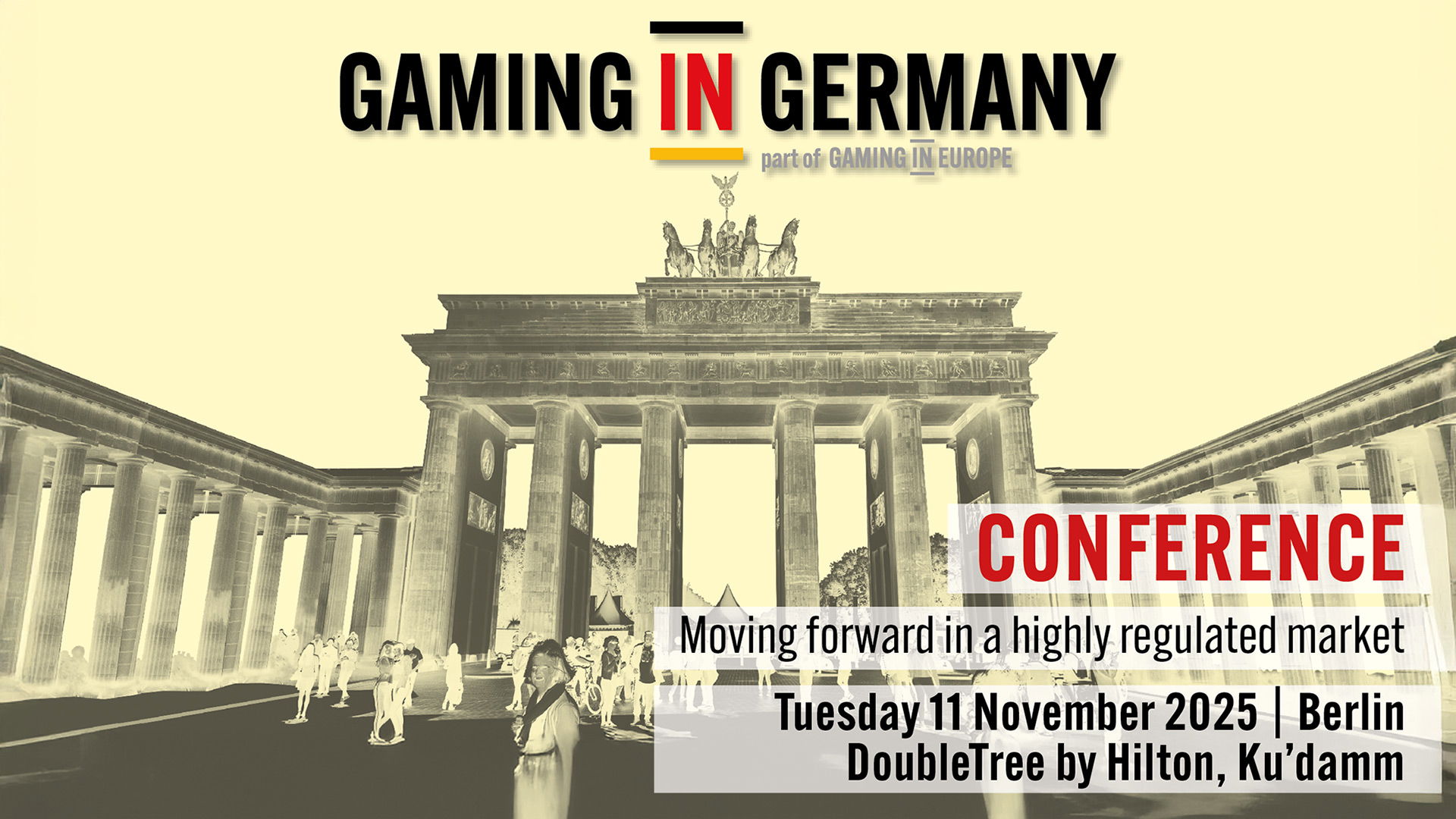Virginia: Portsmouth casino project could push back its hotel if voters approve Norfolk resort

The developer partnered with Portsmouth won’t be required to start building the hotel component of their casino project if a competing casino project just across the river in Norfolk gets approval from voters on the Nov. 3 ballot in Virginia.
The state law allowing for such gambling to occur in five cities requires that a majority of voters in each of those cities approve of the plans via a referendum vote. Since August, the developers hand-picked by both Norfolk and Portsmouth leadership have been campaigning in the past weeks, WAVY reports. Both are pushing out flyers and promotional videos that envision grandeur Las Vegas-style atmospheres coming to the area, along with promises to bring thousands of jobs and millions in taxpayer benefits.
The developer’s deal with Portsmouth gives them options to significantly alter the timeline of parts of the phased project if the competing resort-casino in Norfolk is approved by voters next month. That means the hotel portion of Portsmouth’s casino development — which is featured in promotional renderings — could be pushed back several years. The agreement in Norfolk does not have any references to the Portsmouth project or other developments that may affect their timeline.
The site of Norfolk and Portsmouth’s proposed casinos are less than seven miles apart. Norfolk’s, which would be developed by the Pamunkey Indian Tribe in partnership with Tennessee billionaire Jon Yarbrough, is planned for just over 13 acres next to Harbor Park. Portsmouth’s, which has Chicago-based Rush Street Gaming lined up, would sit on roughly 50 acres south of Interstate 264 at Victory Boulevard.
From the beginning, there was skepticism that two casinos built so close together could also both be successful. While multiple consultants said they could both survive, the agreements binding the deals allow both developers to play it safe. The Pamunkey Tribe says they will invest $500 million to construct a resort featuring 3,000 slots, 150 table games, a 300-room full-service hotel, steak and seafood restaurant, sports bar and grill, cafe, spa and 2,500-seat entertainment venue.
When looking at the option to purchase agreement — a deal with Norfolk that paves the way for the tribe to buy the land for the casino if the referendum passes — the city would still be required to accept a much smaller development to include a capital investment of $300 million — as required by state law — 150 slots, 25 table games a 150 room hotel, fine dining restaurant, sports bar and grill, cafe and 500-seat “intimate showroom.”
In a meeting of the Norfolk Mayor’s Committee on Gaming in July, John Thompson — who works for Yarbrough — told members that “[The] Portsmouth [referendum] passing or not passing will have a material impact” on the size and scope of what is ultimately developed on the shores of the Elizabeth River in Norfolk.
At an event in August, Jay Smith, a spokesperson for the Norfolk project, said the tribe is confident the $500-million proposal is what will happen if voters approve. “Those are all assumptions that Portsmouth also passes. So if Portsmouth also passes their referendum in November. We are not going to have to scale back,” Smith said. “It could be larger.”
Over in Portsmouth, parts of the project’s fate are specifically tied to the competing venture in the development agreement.
Rush Street Gaming is also guaranteeing a $300 million investment for their Rivers Casino. A birds-eye preliminary site plan on their website shows a casino, outdoor entertainment venue, restaurants, and a hotel and conference center. Specifics for the property haven’t yet been released.
The development agreement signed between the city and Rush Street Gaming lays out three scenarios that would force the hotel and conference center to be built. In one of the scenarios, planning for the hotel and conference center only has to begin if the referendum in Norfolk fails. If Norfolk’s casino is approved, it must be open for a full year and net gaming revenue for Portsmouth’s casino must reach $175 million in that same time frame for the developer to be obligated to build the hotel and convention center. The third trigger would be for Portsmouth’s net gaming revenue to be $250 million in a straight 24-month period.
Portsmouth’s Economic Director Robert Moore told WAVY that voters should know the renderings and plans they are seeing are more of a final product. “What they should know is that this is a phased approach. There are phases to this process and there are phases to this project and those phases could change,” Moore said.
The “casino phase” will come first which will include the entertainment venue and dining, according to Moore. When it comes to tying parts of the agreement to Norfolk’s casino project, he said they knew all along market conditions would play a roll in what is ultimately built.
“We’re confident that Rush Street is the right partner and that Rush Street has done everything they need to and said they would do up until this point,” Moore said. But in the case they don’t build the hotel and conference center, the city has the option to bring someone else on board to do it after the casino is open for four years.

















































